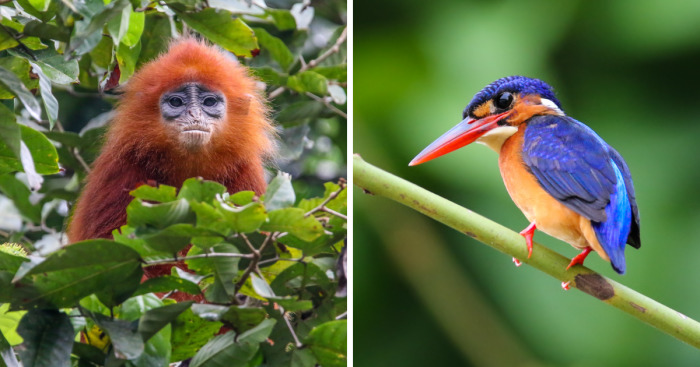
I’ve Been Exploring Borneo Rainforest And Here Are My Jungle Friends That Need Our Protection
Hi folks! My name is Shady Ramzy a wildlife photographer focusing on conservation and protecting species. I have been working solo on a rainforest photography project in the Sunda Island of Borneo.
Almost every day from six to six, I’ve been exploring the jungle, observing its species and their behavior and documenting that witnessed flawless beauty. Here are some creatures that reside in the rainforest of the Malaysian state of Sabah. They need our attention and efforts to save their homes and protect their lives. Scroll down for some interesting stories, facts and information!
More info: Instagram
Red Leaf Monkey
It might be weird to know that Red Leaf Monkeys would eat Termite’s dirt to add some minerals to their diet!
Female Blue-Eared Kingfisher
Female! Why? Well it’s easy and identifiable. Males obviously have thinner, tapered black beak, unlike females which tend to have an orange-red beak or at least for the lower mandible. This bird is found along a large land from India across to Malaysia.
Oriental Pied-Hornbill
Male Hornbills have bigger bills than females with a black base, which beside the body-size make it easier to distinguish their gender.
Male Collared Kingfisher
Females look different and tend to be greener in color than males.
Bornean Orangutan
Orangutans share 97% of DNA with humans.
The population of Bornean Orangutans declined by more than 60% between 1950 and 2010, with expectations of 22% decrease from 2010 to 2025. The major reasons behind that rapid decline are deforestation and hunting.
On July 8, 2016 IUCN announced that Pongo Pygmaeus (Bornean Orangutan) is now Critically Endangered species.
Unlike the rest of the photos, this one was taken in captivity. Some people may recognize that, as this juvenile orangutan sits on the ground, the behavior which is not common in the wilderness.
Buffy Fish Owl
Sunda Clouded Leopard
Two hours after sunset while exploring the jungle of Kinabatangan in Malaysian, Borneo, we spotted this Sunda Clouded Leopard. He stayed asleep for around 30 minutes before he woke up, looked around, and decided it was time to get down and move deeper into the jungle.
The leopard is quite rare to be seen in the wild as it’s a secretly-living creature. It was reclassified in 2006 as a separate species from the Clouded Leopard of Asia’s Mainland, which makes it the recent cat species to be discovered, it’s also believed to be firstly caught on video in 2010. Sunda Clouded Leopard is the best tree-climber among all cats and the smallest of Big Cats.
The name Sunda comes from Sundaland/Sunda Islands of Borneo and Sumatra, where the leopard is found. Tropical moist lowland forests and tropical moist montane forests are the leopard’s home. It can be found also on tropical mangrove vegetaion and swamps, but marginally.
Long-Tailed Macaque
Infant Macaques are born with black fur covering most of their bodies which by the time will start changing to be more light and grey.
Guess who is hiding behind the tangled aquatic plants!
And the answer is Saltwater Crocodile
With sunrise we used a small boat to delve into the massive Kinabatangan River, which is the main sanctuary for Saltwater Crocodiles in Sabah. And while moving slowly in one tributary, I spotted some movement behind some plants! And it was definitely a crocodile.
Pig-Tailed Macaques
– Mom, there’s a stranger watching us!
– Don’t give a heck son, it’s cleaning time.
Unlike almost all primates, Southern Pig-tailed Macaques love water, so don’t be surprised if you watched a bunch of macaques crossing a river!
Malayan Water Monitor
This lizard species is the world’s second-heaviest lizard, after the well-known Komodo Dragon! It can survive easily thanks to its hiding skills and eating almost anything even preys as big as itself!
Proboscis Monkey
It takes the mother about 160 days to give birth to a new monkey with a black fur all over its body. The fur will start changing after 3 to 4 months.
Along the banks of Kinabatangan River and in the neighboring areas there is an increasing deforestation that is taking place to make room for more palm oil plantations which means losing habitat for this Endangered Species.
Black-and-yellow Broadbill
This photo was taken at a height of 25 meters using a tower in the middle of the forest. This bird can be found in Brunei, Indonesia, Malaysia, Myanmar, Singapore and Thailand
Yellow-Vented Bulbul
Asian Glossy Starling
Meditation time for Plantain Squirrel
Some other views of the jungle
3Kviews
Share on FacebookHi Shady, thanks for introducing us to your Jungle friends. Red Leaf Monkey doesn't look too happy, but nor would I be if I had to eat Termite's dirt to add some minerals to my diet. :(
Thanks for sharing your amazing pictures Shady! You have such great talent that I think it's only a matter of time before you achieve your dream of being a Nat Geo photographer. Well done and keep the passion alive!
Kelly!! Much love my friend! Your words are really supportive :)
Load More Replies...Hi Shady, thanks for introducing us to your Jungle friends. Red Leaf Monkey doesn't look too happy, but nor would I be if I had to eat Termite's dirt to add some minerals to my diet. :(
Thanks for sharing your amazing pictures Shady! You have such great talent that I think it's only a matter of time before you achieve your dream of being a Nat Geo photographer. Well done and keep the passion alive!
Kelly!! Much love my friend! Your words are really supportive :)
Load More Replies...
 Dark Mode
Dark Mode 

 No fees, cancel anytime
No fees, cancel anytime 


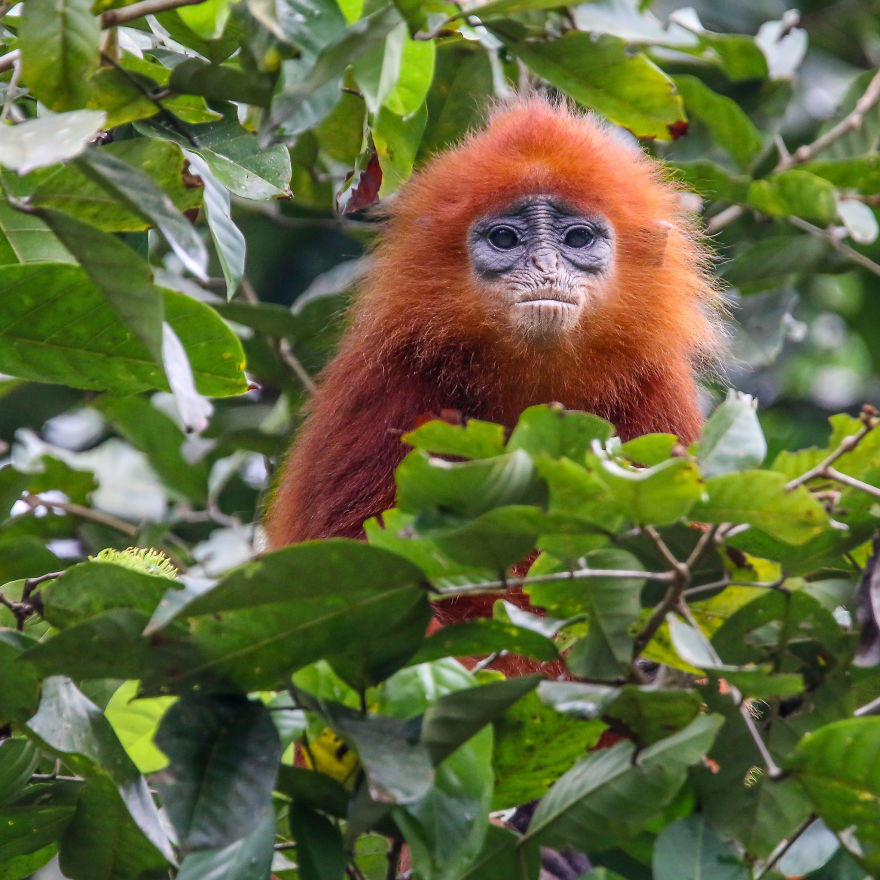
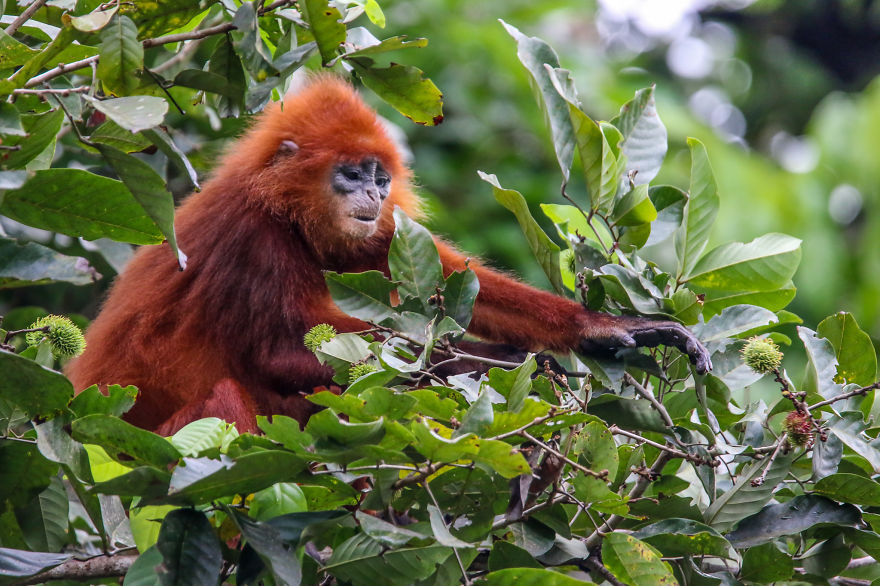
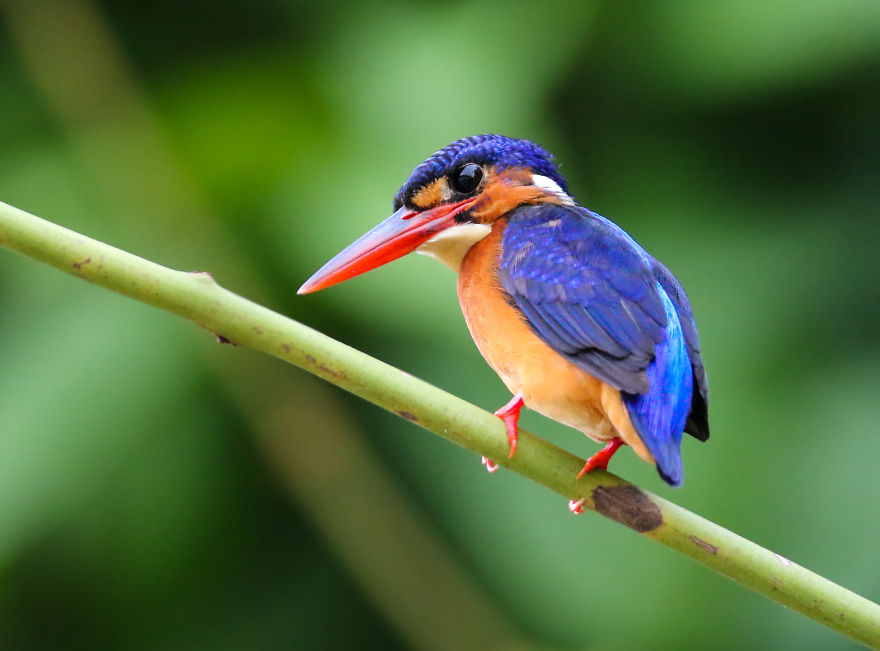
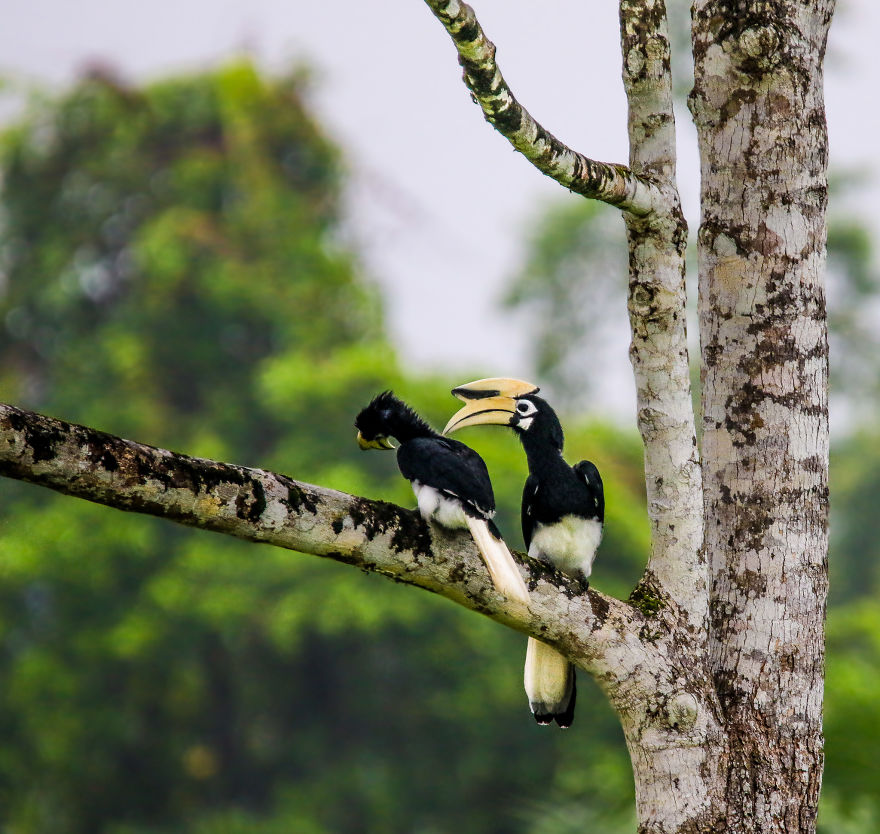
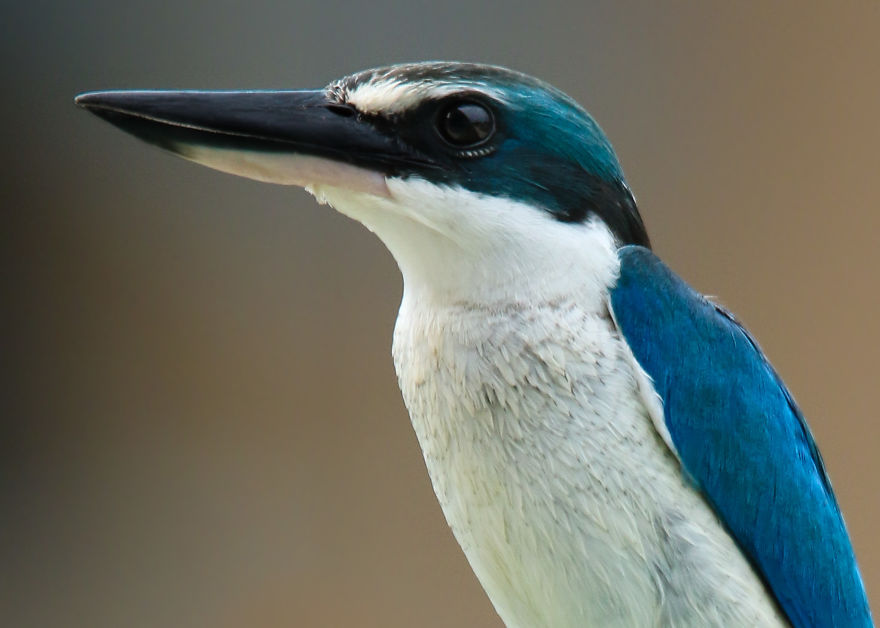
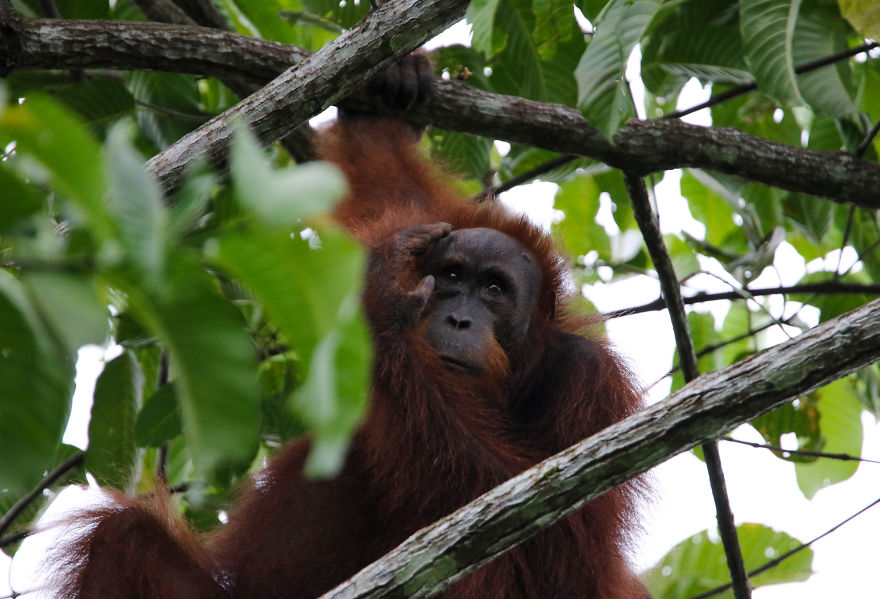
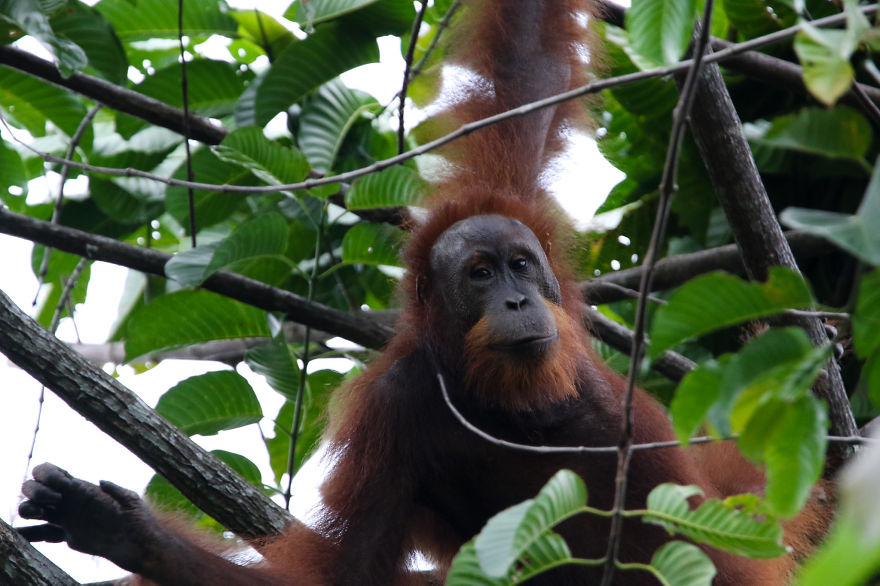
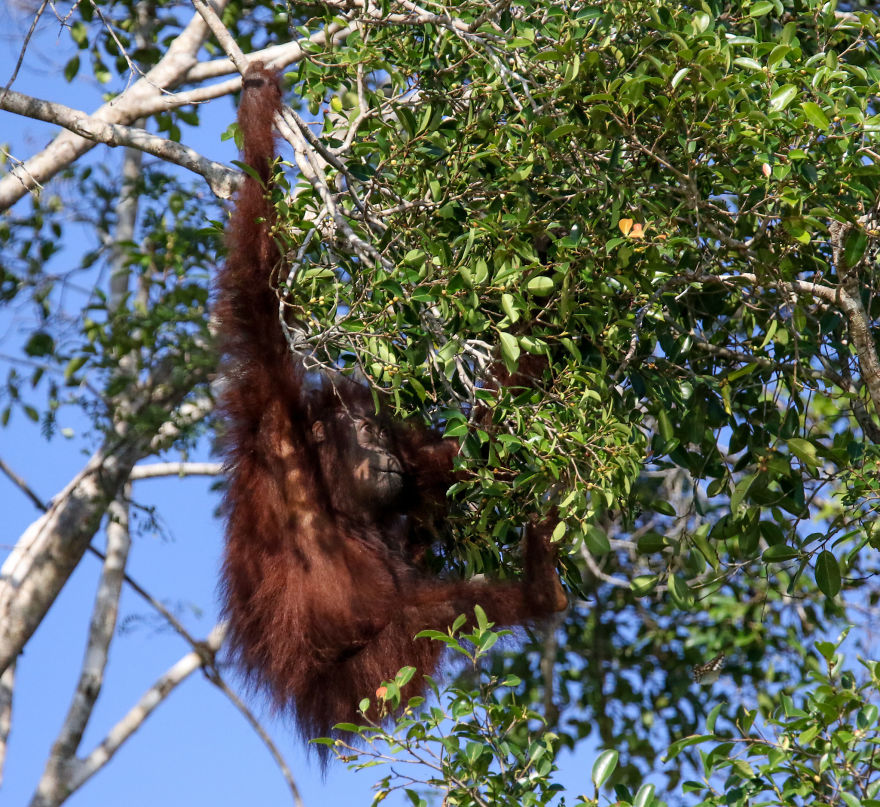
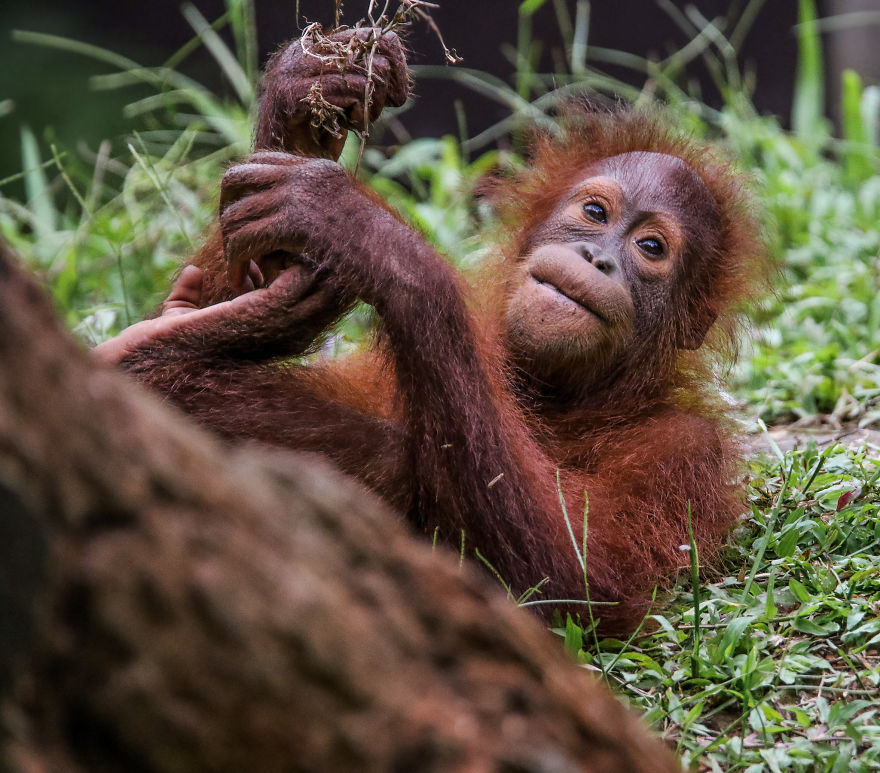
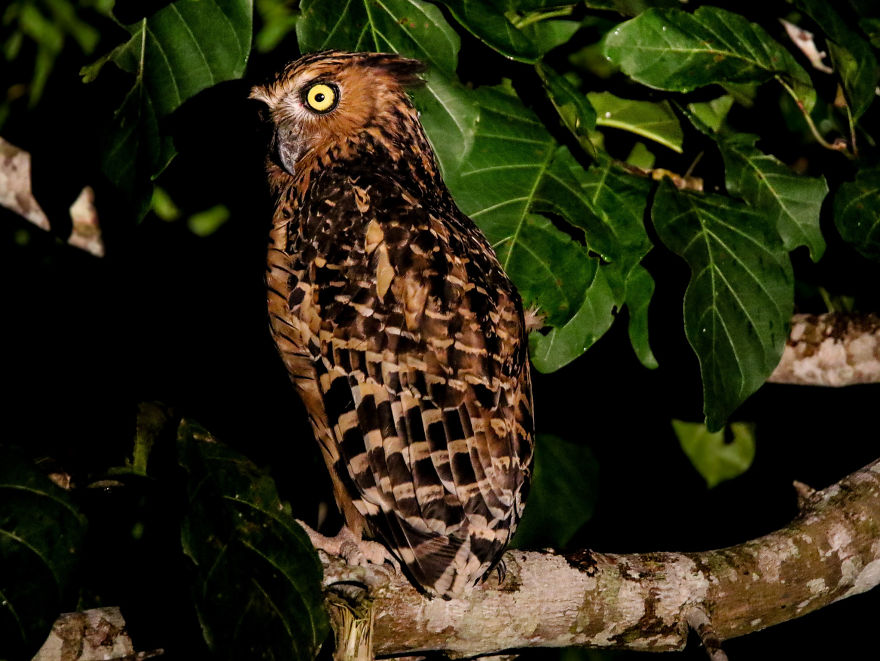
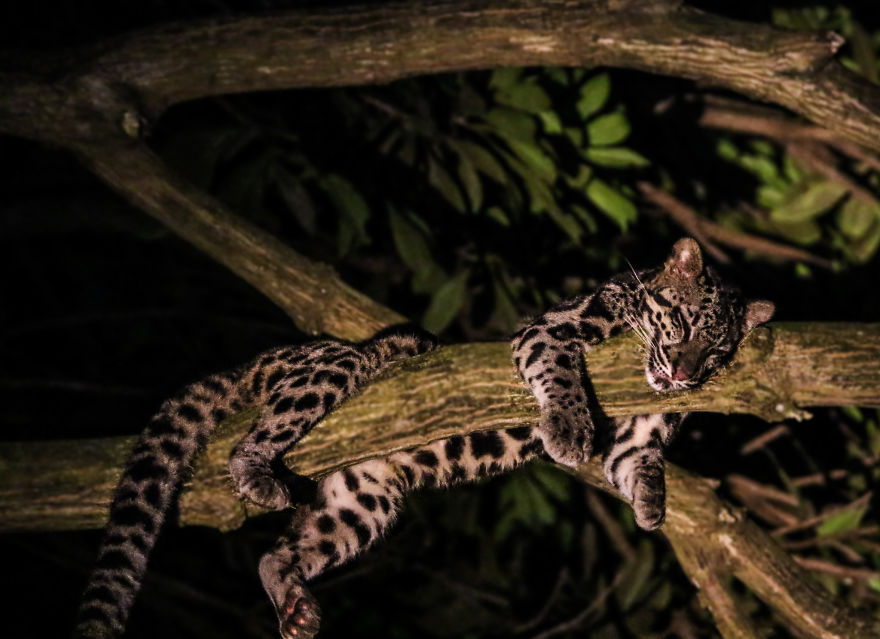
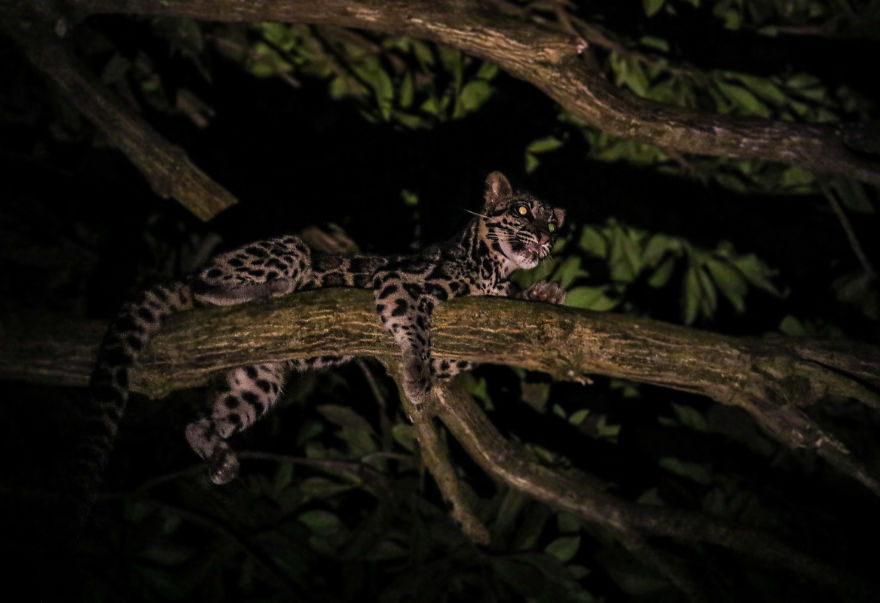
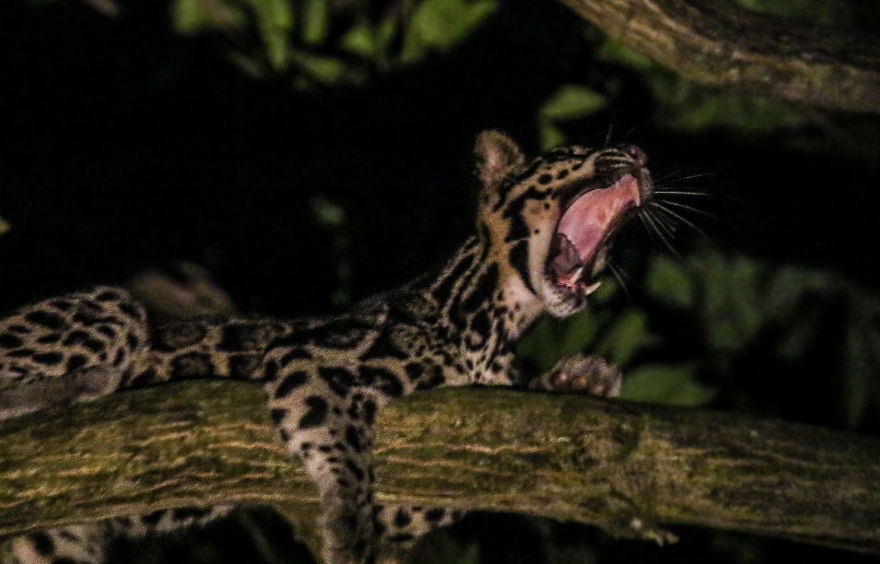
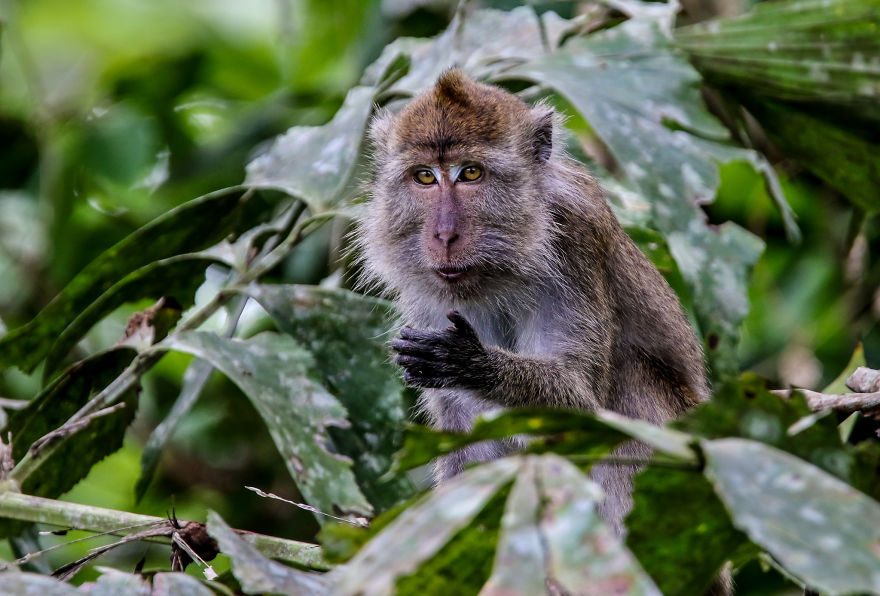
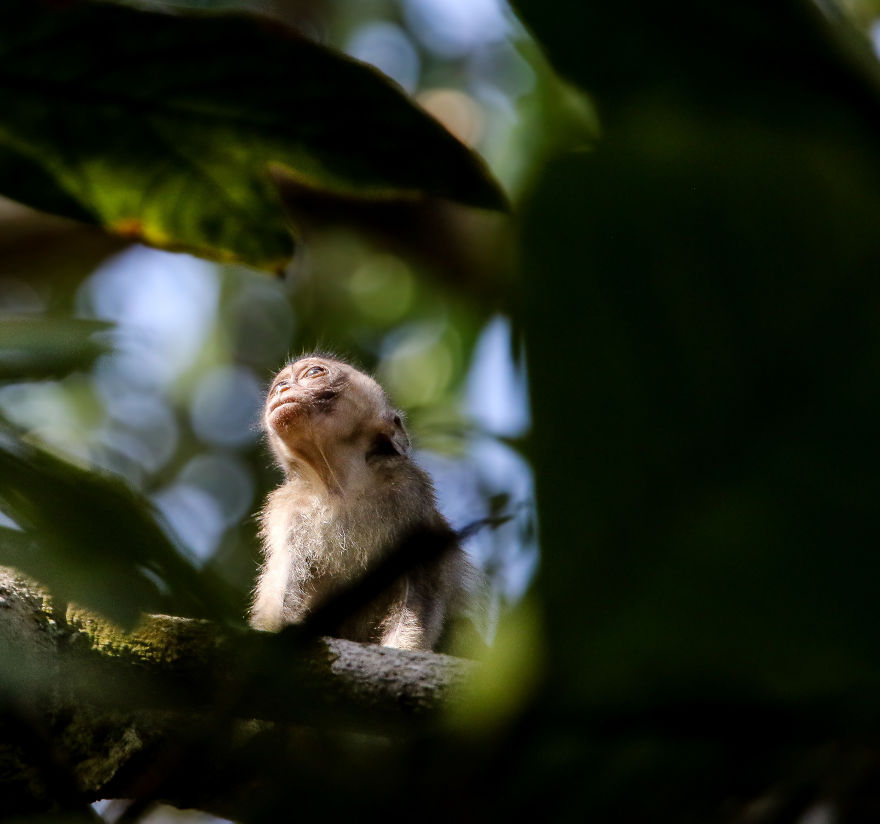
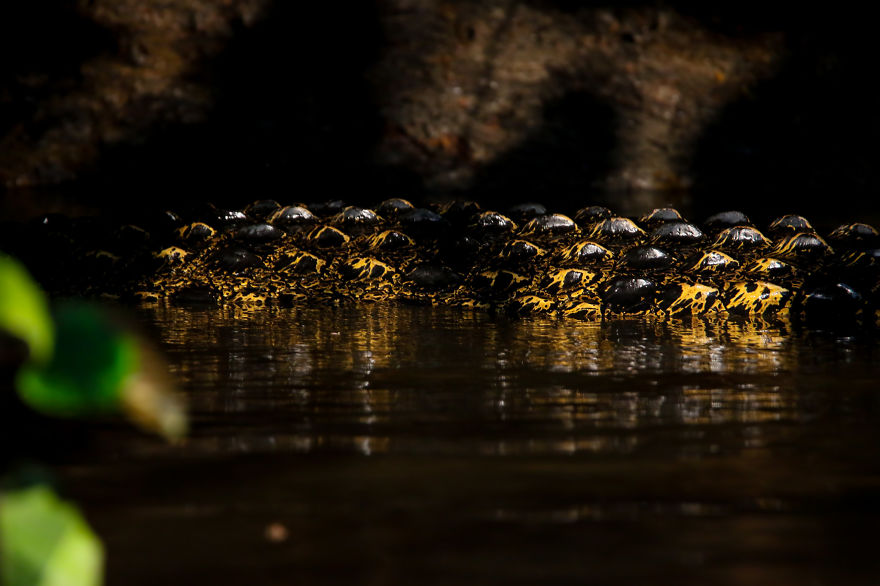
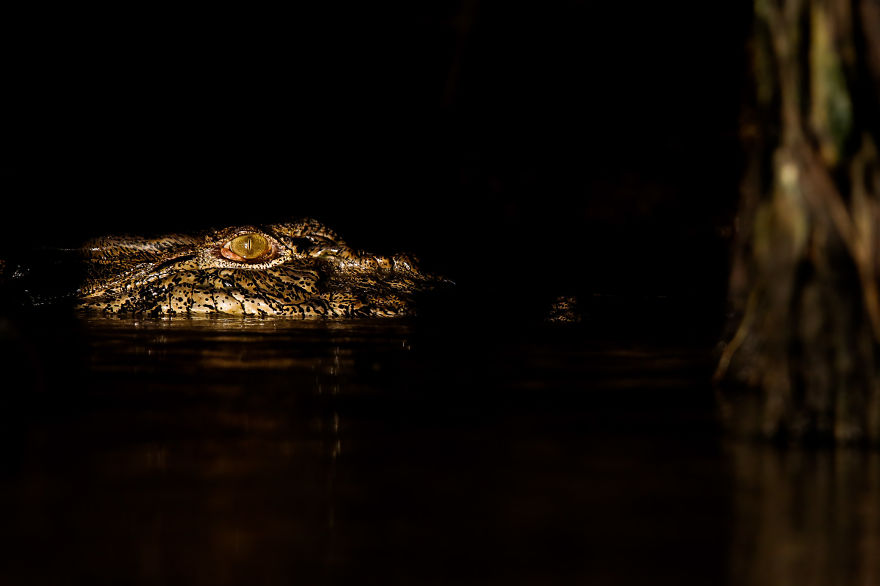
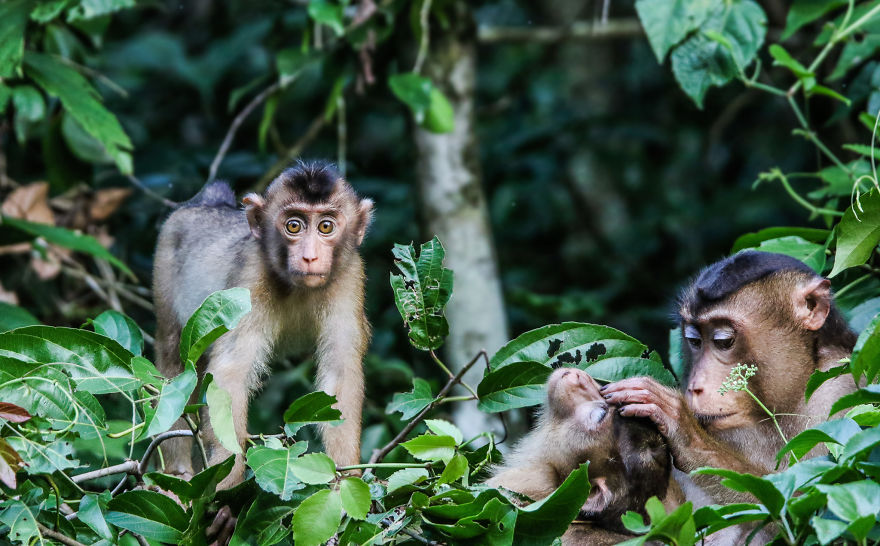
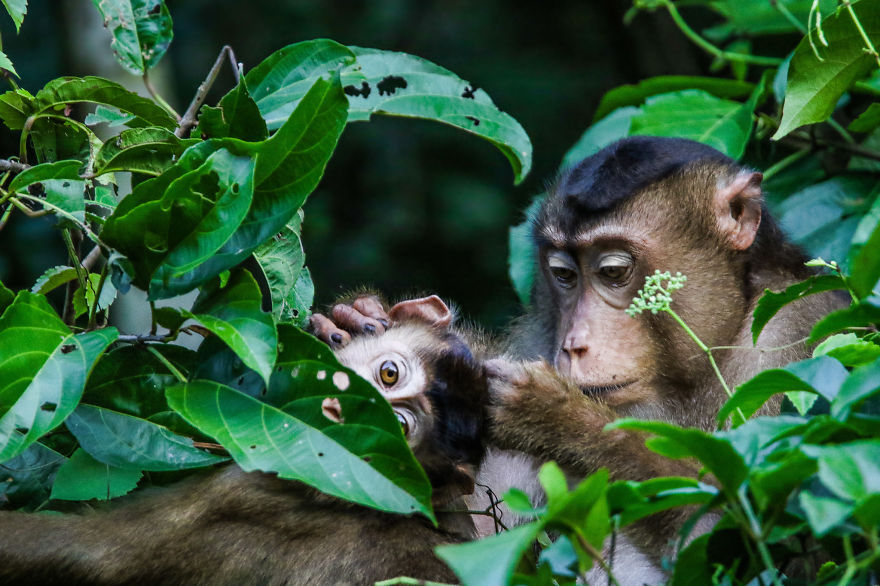
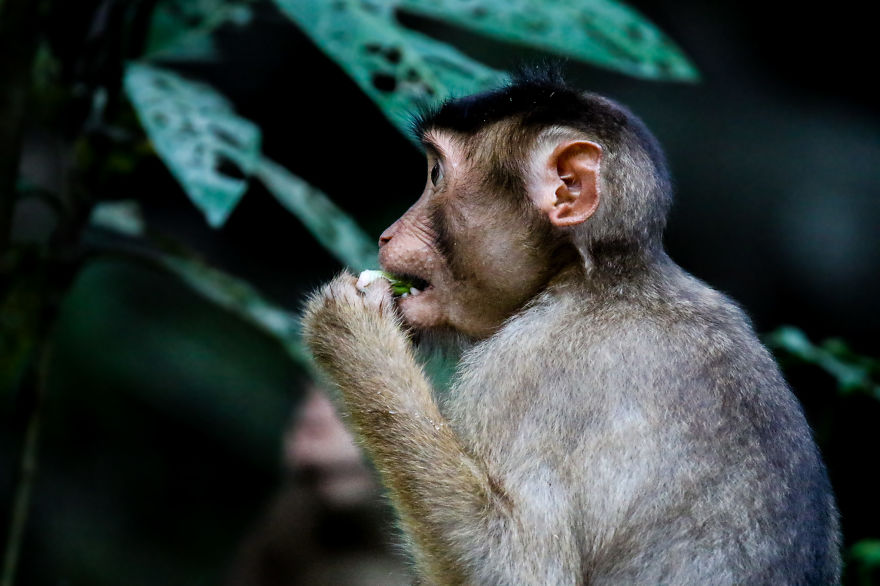
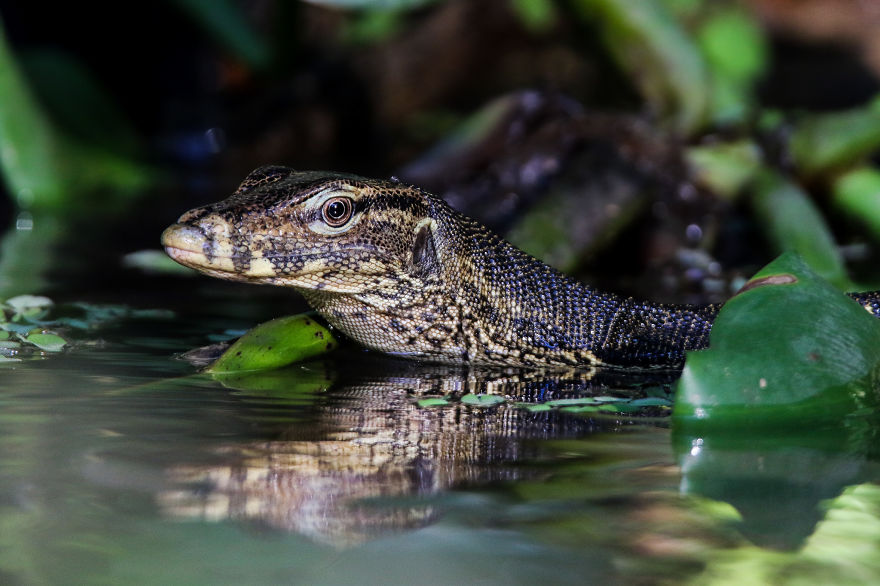
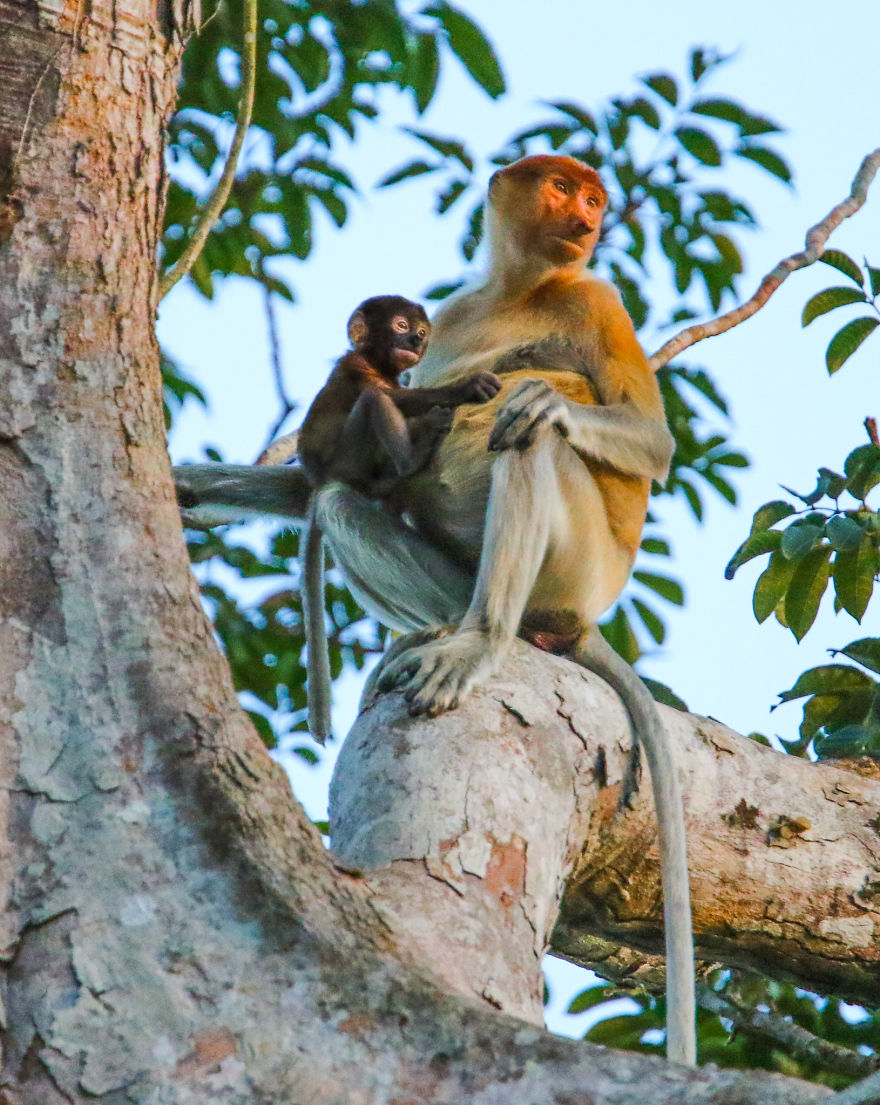
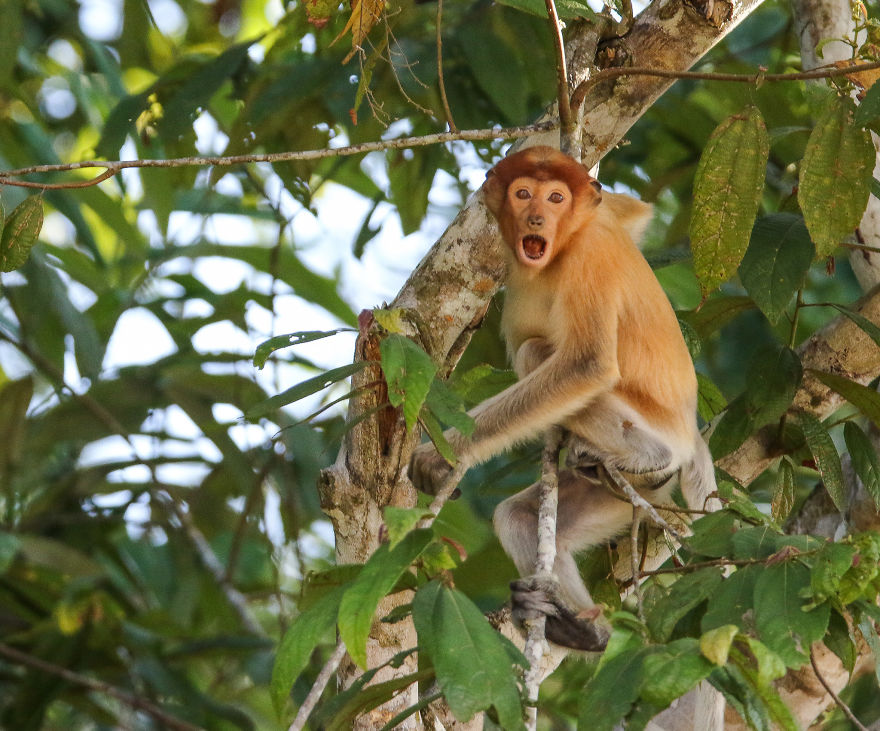
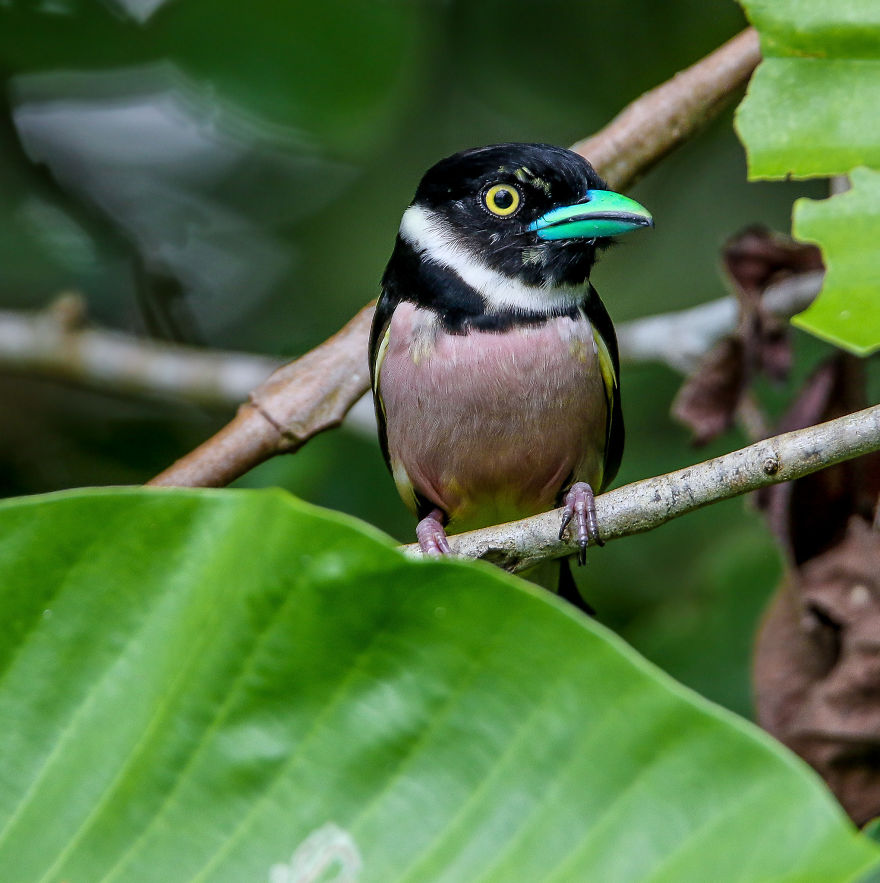
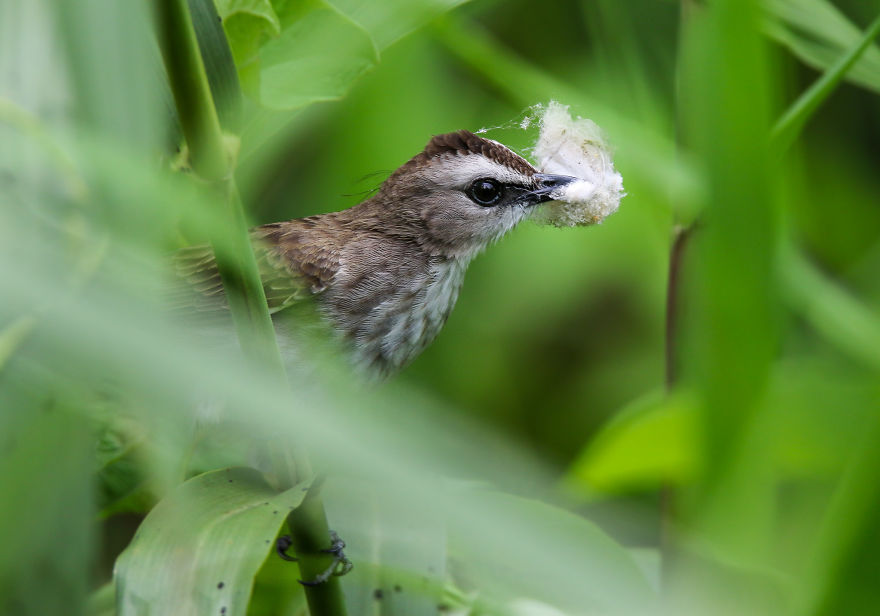
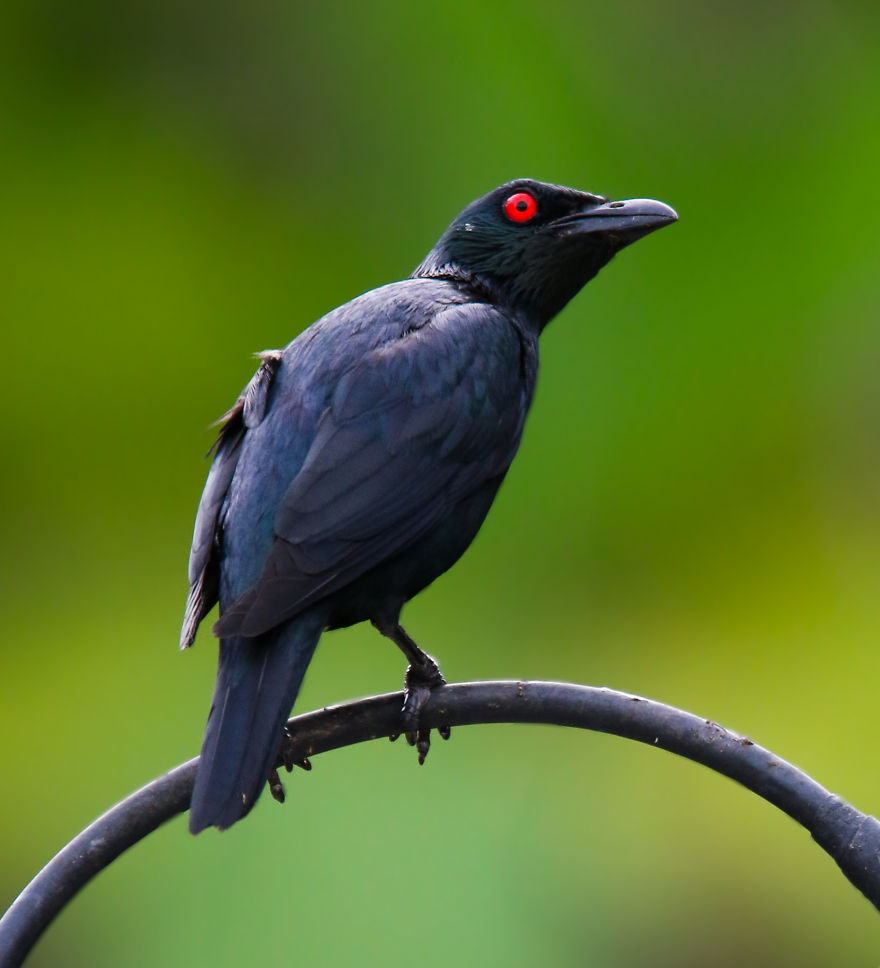
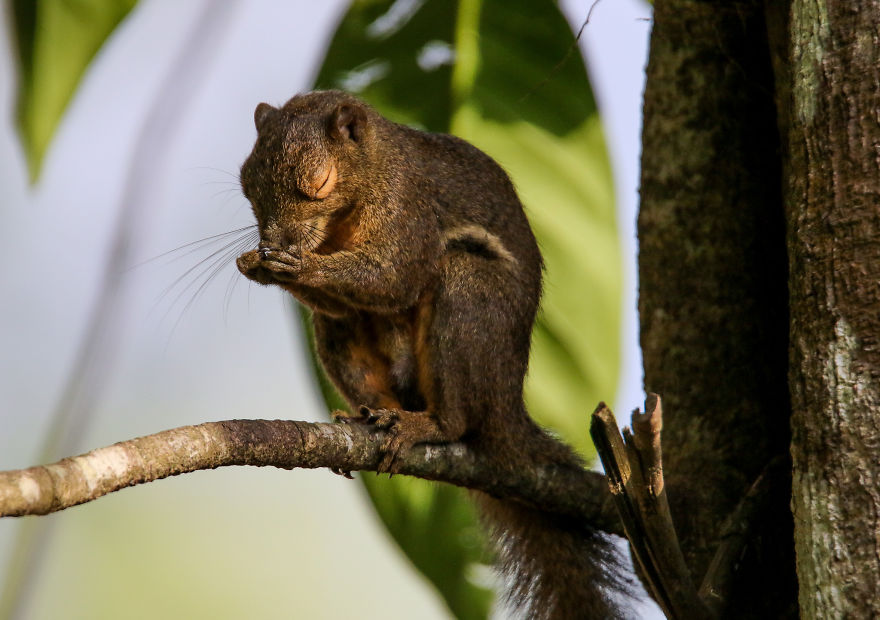
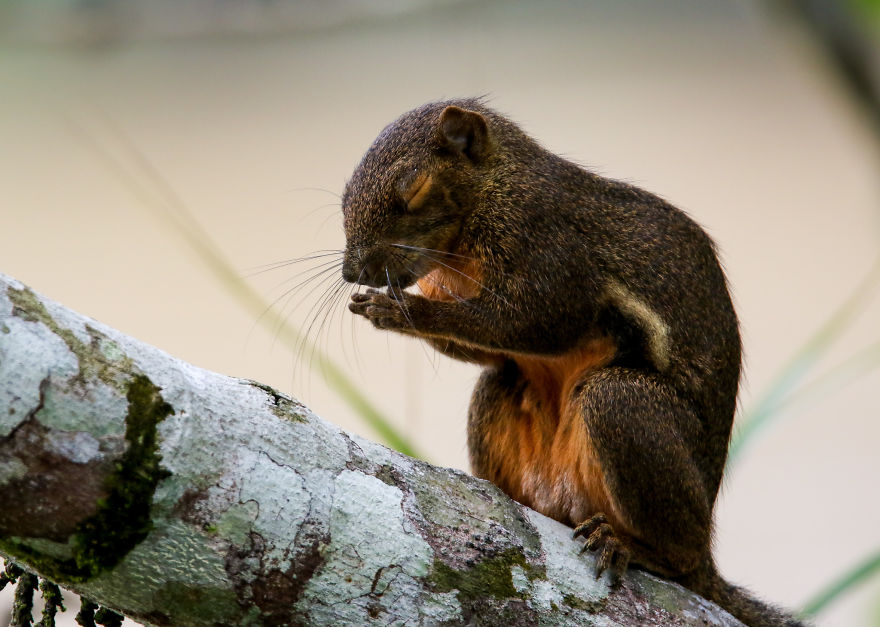
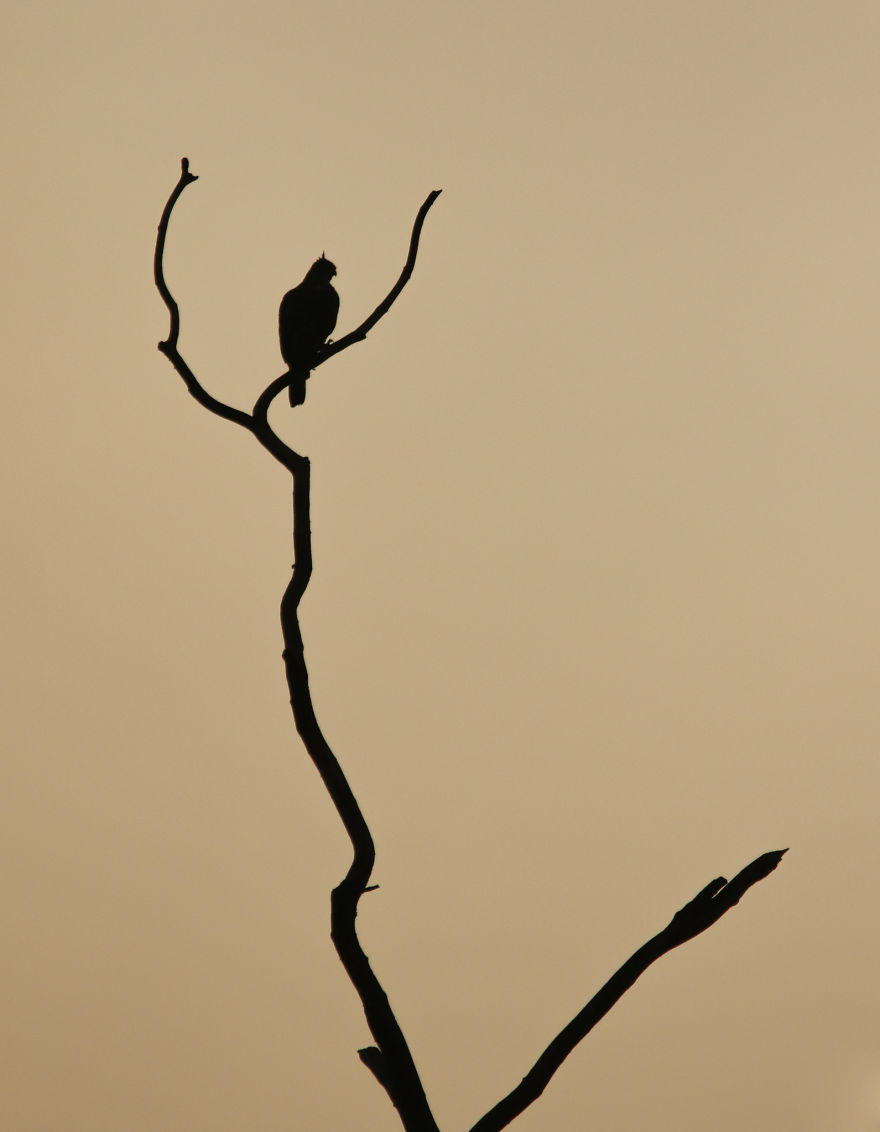
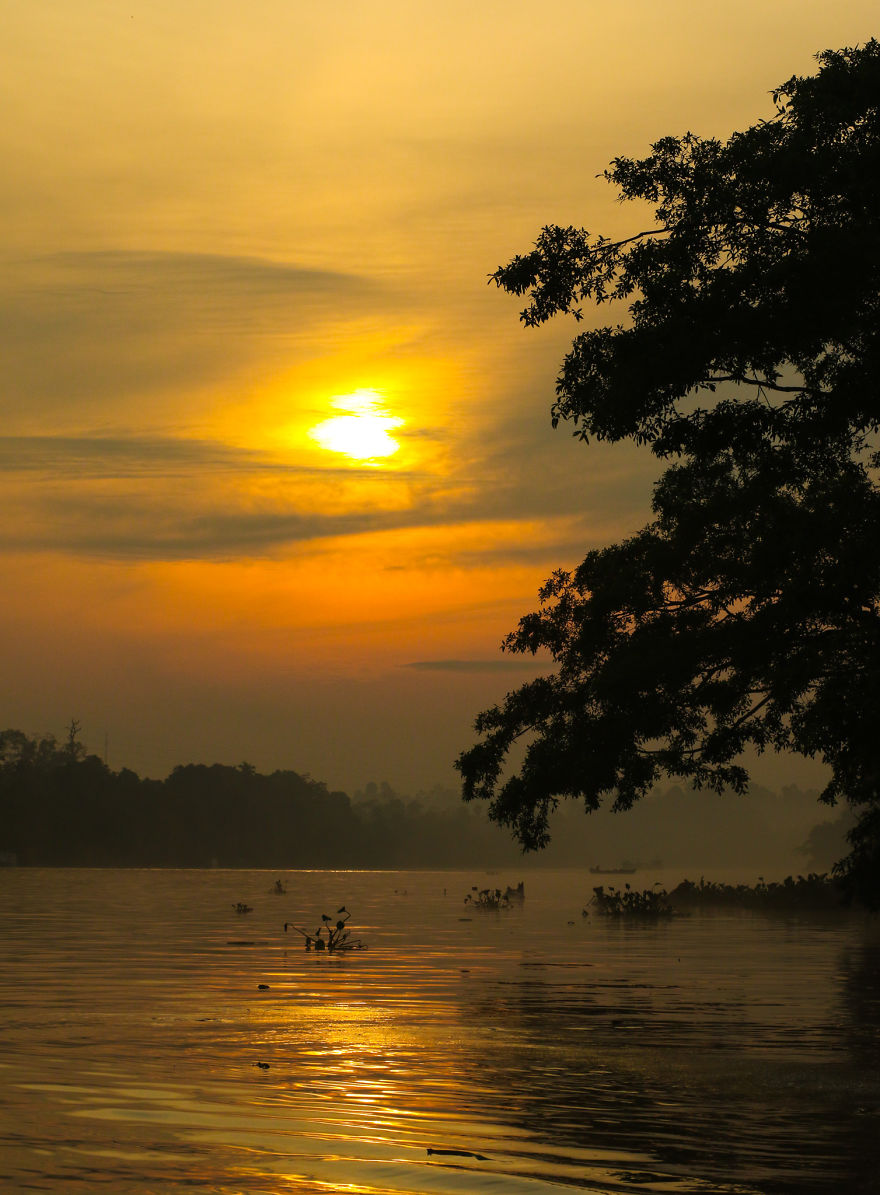
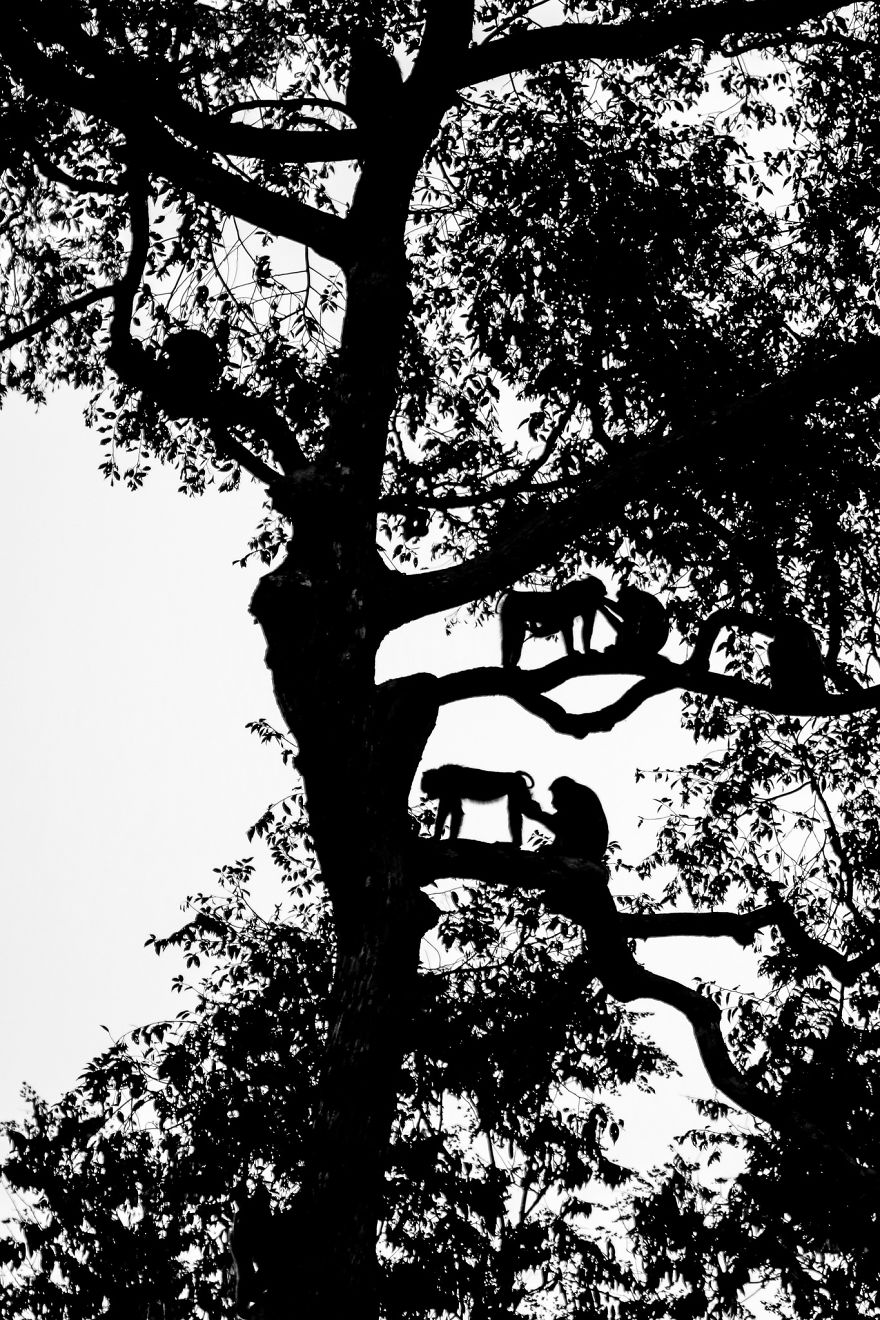
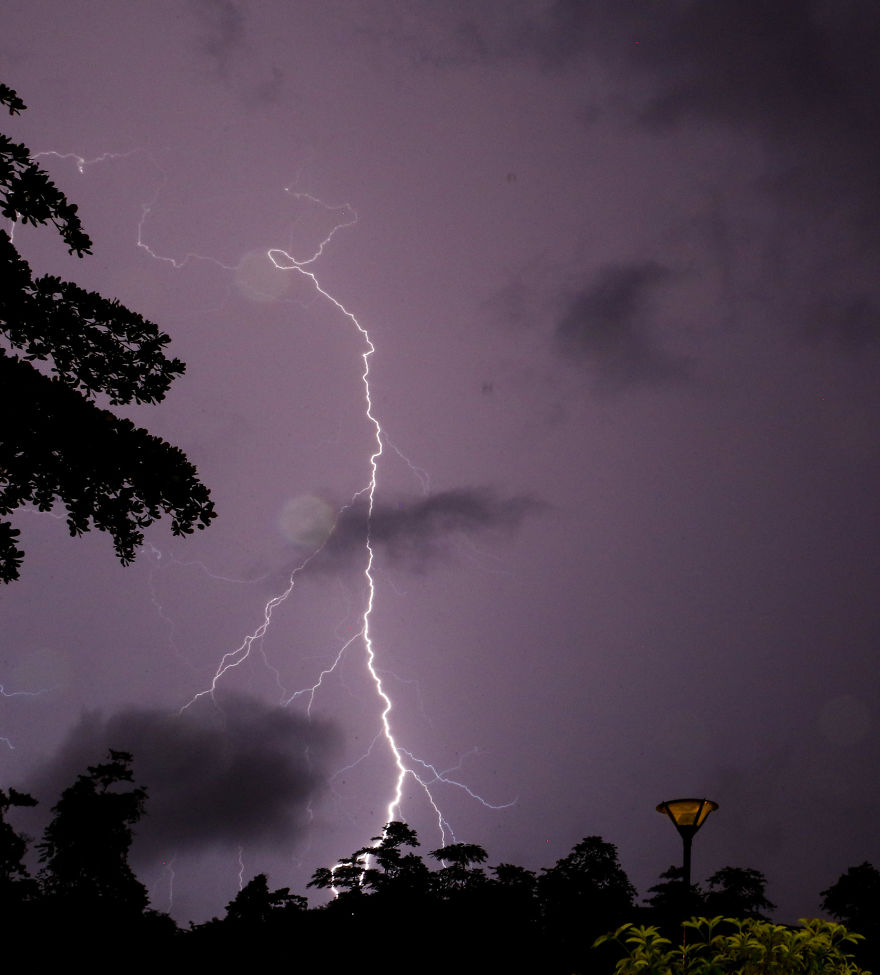
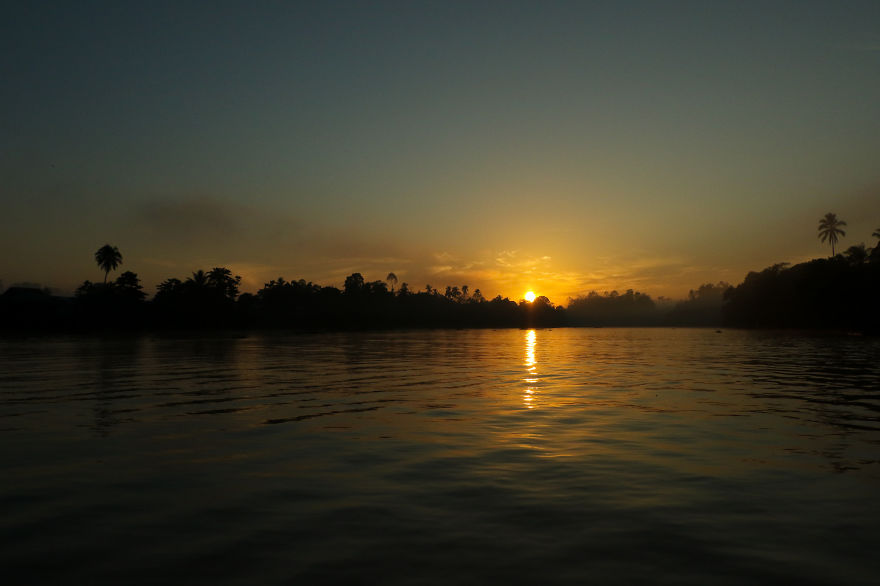
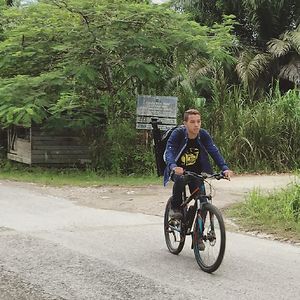



















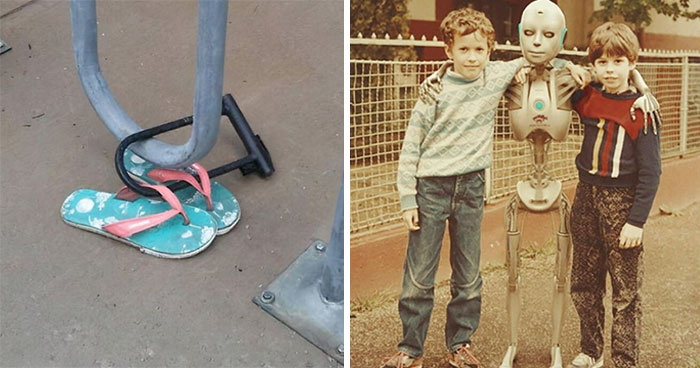


58
11